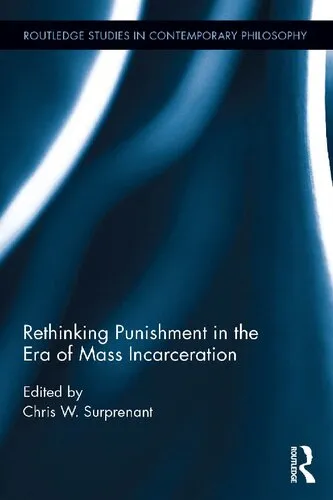Punishment, Communication, and Community (Studies in Crime and Public Policy)
4.1
Reviews from our users

You Can Ask your questions from this book's AI after Login
Each download or ask from book AI costs 2 points. To earn more free points, please visit the Points Guide Page and complete some valuable actions.Related Refrences:
Welcome to a detailed exploration of Punishment, Communication, and Community, a seminal work by R.A. Duff that delves deep into the philosophical and practical dimensions of punishment within the context of society and crime policy. This book serves as an insightful guide to understanding how punishment intersects with communication and community, offering a nuanced perspective that challenges traditional penal theories.
Detailed Summary of the Book
In Punishment, Communication, and Community, Duff expertly navigates through the moral and ethical frameworks that underpin the practice of punishment. R.A. Duff argues that punishment should not solely be understood as a mechanism for retribution or deterrence but as a communicative process that involves more profound communicative and community elements. The book lays out a theory of punishment that is not only about inflicting suffering on offenders but also about communicating censure and encouraging acknowledgment and reform.
Duff emphasizes the role of the community in the penal process, proposing that the community serves as a crucial intermediary in conveying the meaning and purpose of punishment. The notion of punishment as a communicative process allows for dialogue between the offender, the victim, and the larger community, aiming for a resolution that enhances the social fabric rather than simply isolating the offender. Throughout the book, Duff critiques the retributive and utilitarian models of punishment, offering an alternative that prioritizes moral communication and restoration over mere retribution or deterrence.
Key Takeaways
- **Communicative Punishment**: Duff introduces a novel idea of punishment as communication. Instead of focusing on retribution, the book highlights the expressive function of punishment as a way to convey societal censure.
- **Role of the Community**: Understanding the community’s role in punishment is crucial. Duff argues that the community plays a vital role in both delivering and understanding punishment, fostering social cohesion.
- **Restorative Justice**: Emphasis on the need for restoration and reconciliation rather than isolation and suffering. Duff's theory supports a justice system that seeks to restore relationships and encourage offender reintegration.
Famous Quotes from the Book
"Punishment is not merely a response to crime, but a societal expression of disapproval aimed at the individual, with the intent of moral dialogue and reform."
"The community is not just a silent observer but plays an integral role in crafting the meanings and outcomes of punishment."
Why This Book Matters
This book is pivotal for students, scholars, and practitioners engaged in criminal justice, philosophy, and public policy. R.A. Duff offers a fresh theoretical landscape where punishment aligns more closely with ethical and community-centered values, making justice not just a concept of law but of collective moral endeavor. In times where punitive systems are often critiqued for their efficacy and morality, Punishment, Communication, and Community provides a compelling alternative framework that is not only intellectually robust but also practical in approach.
By reframing how we perceive punishment, Duff's work challenges entrenched paradigms and encourages a transition towards a justice system that values dialogue, community engagement, and moral reintegration. This perspective is vital in contemporary discussions about criminal justice reform and aligns with broader societal movements towards restorative and therapeutic justice practices that seek not only to punish but also to heal and rehabilitate.
Free Direct Download
You Can Download this book after Login
Accessing books through legal platforms and public libraries not only supports the rights of authors and publishers but also contributes to the sustainability of reading culture. Before downloading, please take a moment to consider these options.
Find this book on other platforms:
WorldCat helps you find books in libraries worldwide.
See ratings, reviews, and discussions on Goodreads.
Find and buy rare or used books on AbeBooks.
1436
بازدید4.1
امتیاز0
نظر98%
رضایتReviews:
4.1
Based on 0 users review
Questions & Answers
Ask questions about this book or help others by answering
No questions yet. Be the first to ask!
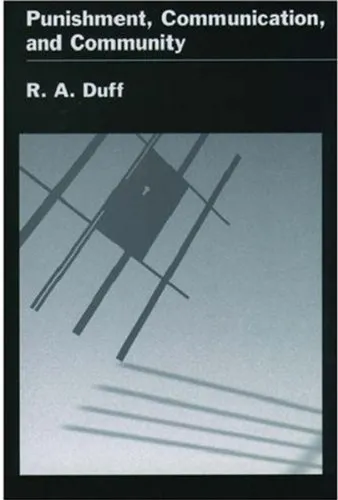

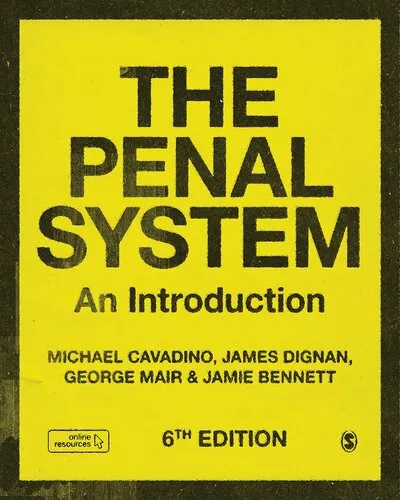
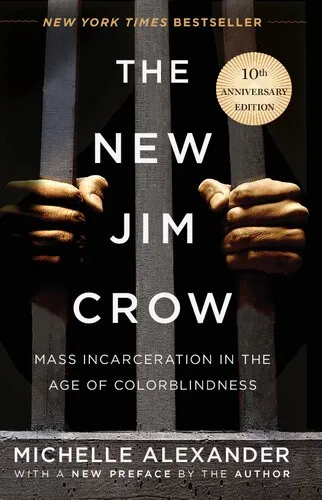
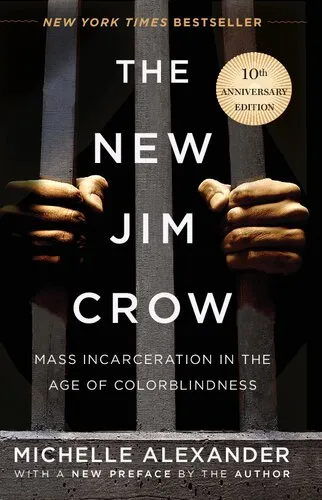
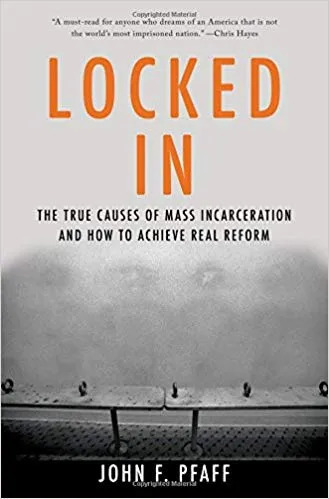
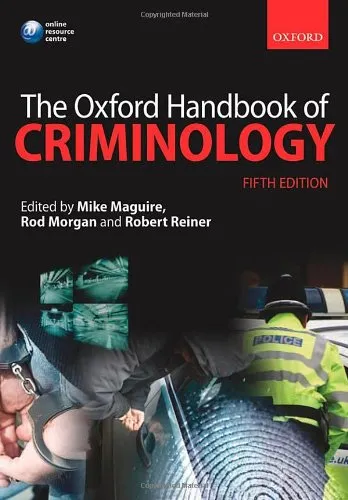
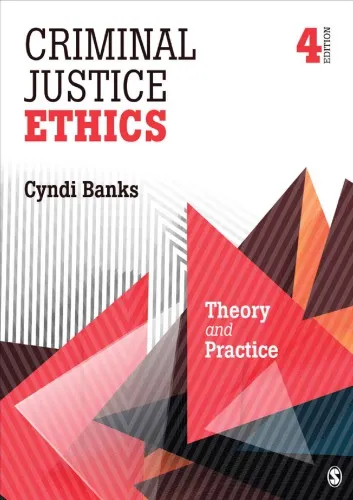
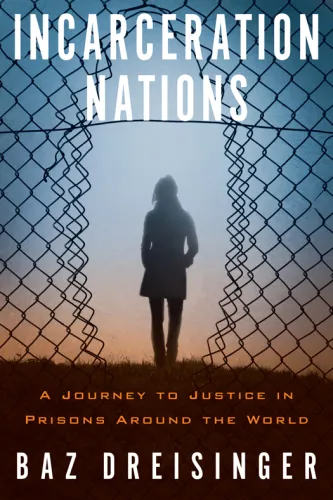
![Crime and Punishment in America: An Encyclopedia of Trends and Controversies in the Justice System [2 Volumes]](https://s3.refhub.ir/images/thumb/Crime_and_Punishment_in_America__An_Encyclope_24420.webp)
